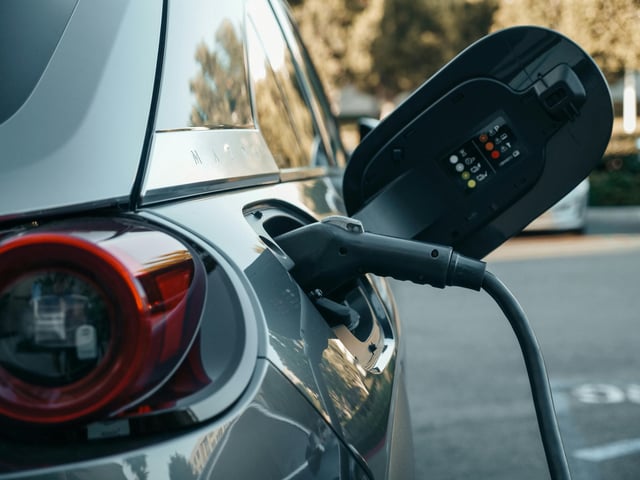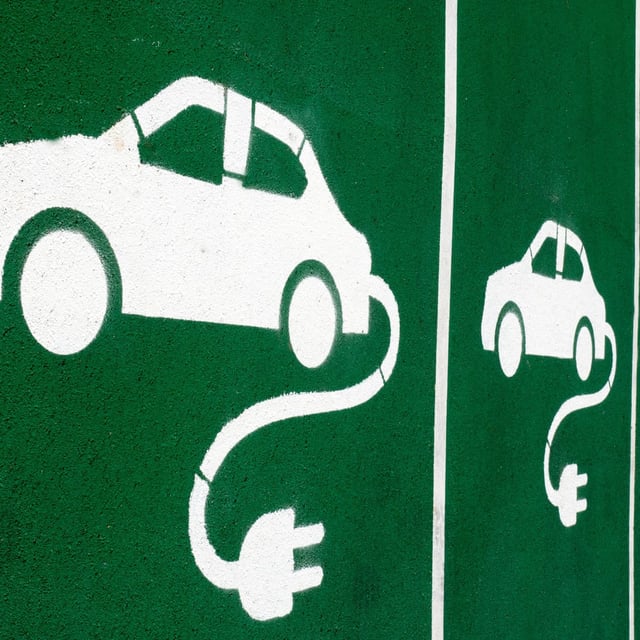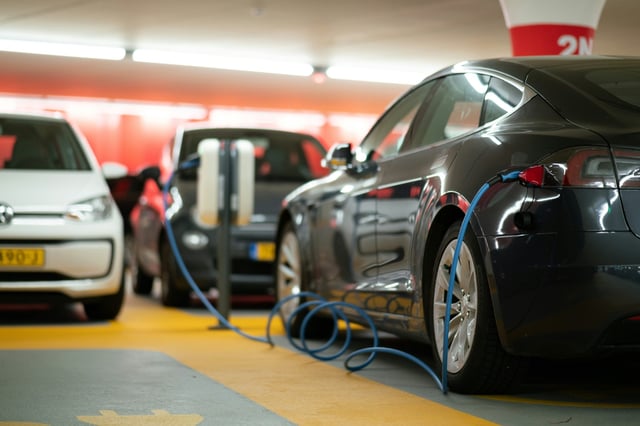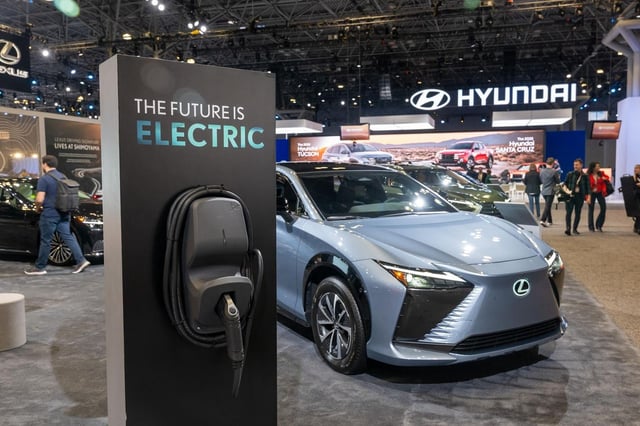Overview
- A survey of more than 6,300 people across Australia, the US, Germany and Austria found that more respondents endorsed common EV myths than rejected them.
- False beliefs—such as claims that EVs are prone to fires, emit harmful electromagnetic fields and have non-upgradeable batteries—were driven primarily by conspiracy mentality rather than education level.
- Participants with weaker environmental views, older adults and women showed higher rates of agreeing with EV misinformation.
- Traditional fact sheets debunking EV falsehoods led to sustained reductions in myth endorsement even ten days after initial exposure.
- Interactive conversations with generative AI chatbots produced durable decreases in conspiracy thinking and boosted support for pro-EV policies and purchase intentions.



